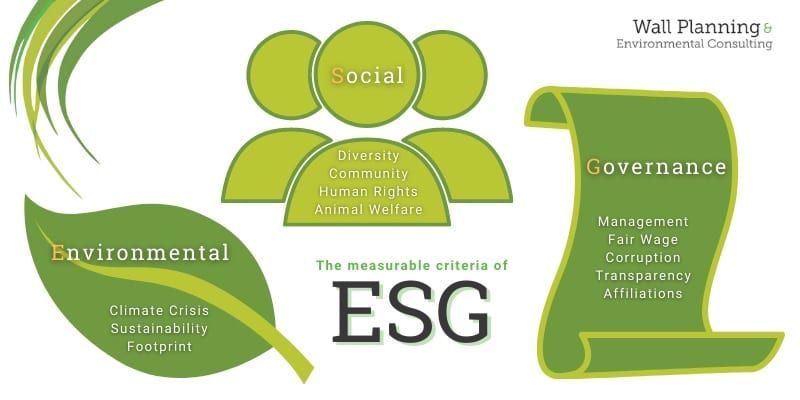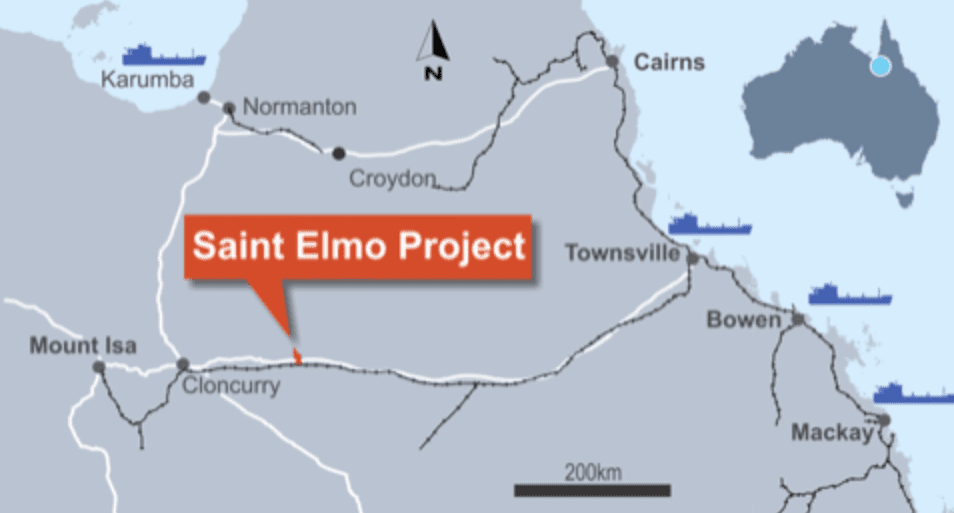WHY YOU SHOULD STOP IGNORING THE ‘S’
It’s commonplace in businesses these days to address the Environmental and Governance criteria of ESG. Companies proudly boast being paperless and transitioning to green energy; they make their company policies available and are relatively transparent in their business dealings and affiliations.
But what about Social?
The world has begun to accept the idea of business playing a part to address social issues profitably. “Shared Value” (originally coined in 2011 by Kramer and Porter in a Harvard Business Review article
) is a business strategy designed to solve social issues profitably. Ideally, it creates a more prosperous environment in which to operate making business more sustainable and resilient.
The social activities of a business are largely ungoverned by legislation, making it difficult to measurably assess this criterion, making visible and earnest community involvement critical for a business.
While we do see some corporate social accountability through diversity and human rights, Shared Value is still often largely glossed over. Australian businesses are adept at addressing legislation-dictated requirements such as gender diversity, ethnic diversity, and workplace health and safety, but there’s still a distinct gap with regard to the place of a business within its community.
Providing a needed service or product has been confused with the idea of benefitting the community. The focus on the impact of a business on its community and its involvement within that community falls by the wayside because, well, ‘we’re providing what they want, right?’.
Consider this, though: with social media having such a heavy societal impact and with elaborate scam businesses being so prolific, how does the community know who to trust?
And that’s where the social aspect of ESG is critical in a business strategy – it’s about building trust toward better relationships, based on trust, with stakeholders and community. This relationship building leads to profitable social impact. You win, the community wins, everyone is a winner!
How To Address The S
Whilst it’s fair to say that an aspect of ‘Social’ is boosting your business visibility in the community, it needs to be through far more meaningful engagements. Much like your community wants to know how your product or service is of benefit to them, the same goes for the company in general and how it benefits and enriches the community whilst also achieving financial gain.
Diving in and getting to truly know the community to become an active part of it is what WILL boost the visibility of your business and, in turn, address the S in ESG. Do your research, conduct social impact assessments
, and host open forums
– How do you impact the community now? What does the community need? How can your company be the one to address that need?
Be transparent in the projects you’ve been involved in and how those projects have impacted the community – whatever it takes to be out there, making a difference, and truly becoming a PART of your community.
Visible. Measurable. Participation.
Importantly, this isn’t a ‘set and forget’ strategy. Monitor these measures and their impact – when things aren’t effectively contributing, re-strategise. Rosemary Addis AM, Director of Impact Investing Australia, discussed this at the Shared Value Summit, “That’s the difference between applying a screen or selectively looking at factors in the work you’ve been doing relative to saying, are we actually making progress here? Is anybody better off as a result? Are we still doing things that create harm or are we contributing solutions?”
THE ‘S’ IN TOWN PLANNING
Wall Planning Group’s experienced and motivated team offers community consultation services
to address the S in ESG, with a strong focus on social impact assessments
.
Find out more.





